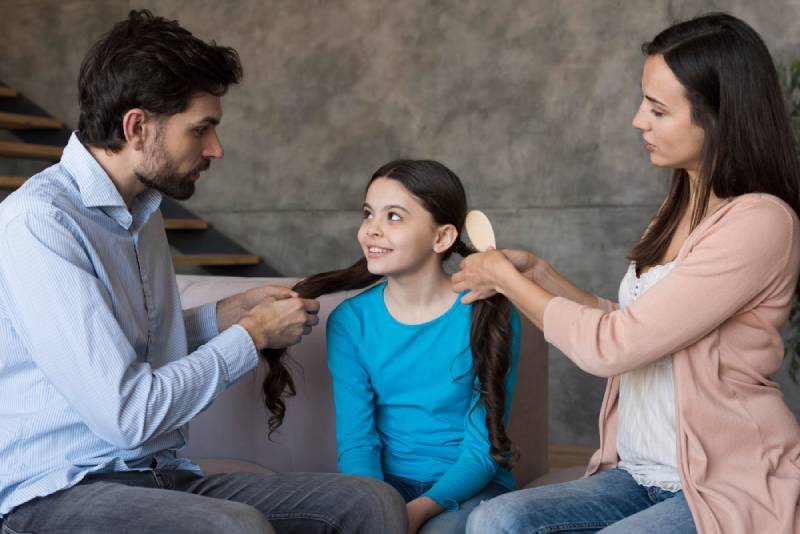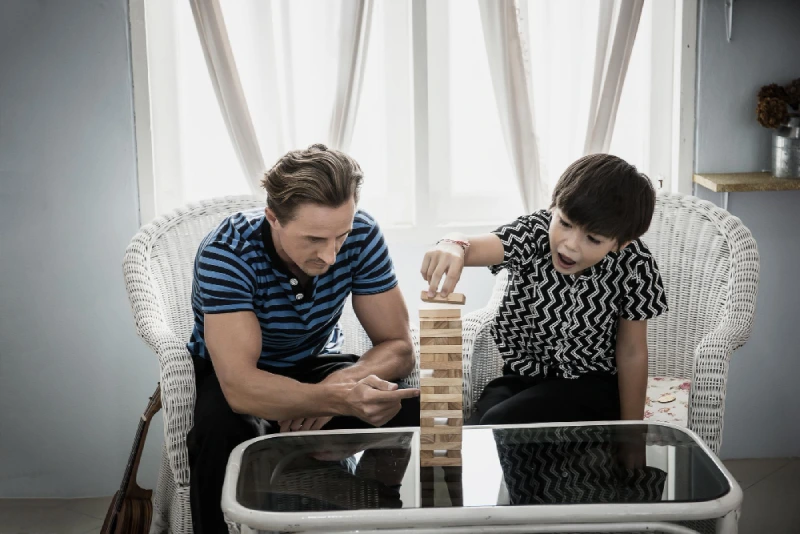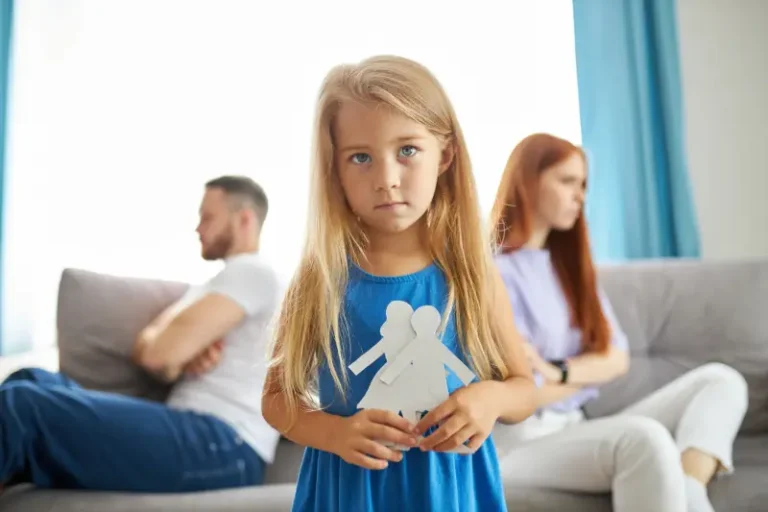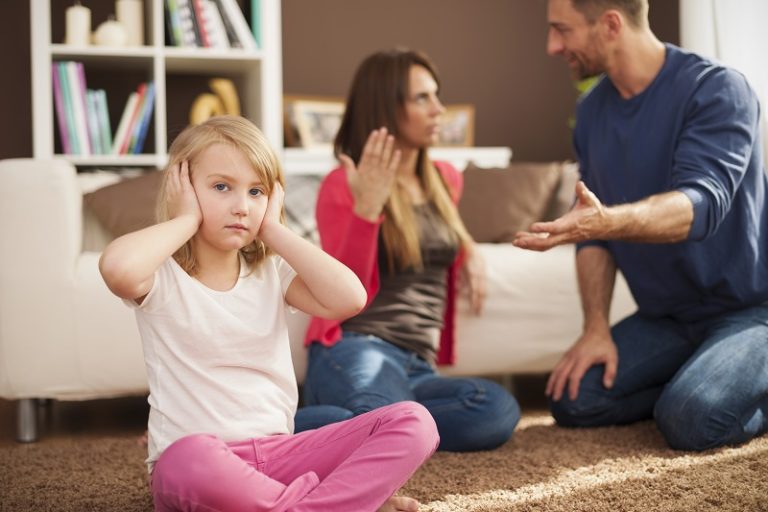
Are You Being an Overprotective Parent? Here’s How to Find Balance
Parenting is a complex journey, and finding a balance between guiding your child and giving them room to grow is not just necessary, but also empowering. Every parent’s instinct is to protect their child from harm. However, it’s crucial to recognize the thin line between protectiveness and overprotectiveness. When do parents cross this line? Some parents become overly cautious about their children’s every move, leading to unintended consequences such as limiting their growth, independence, and resilience, and creating stress and anxiety. But by understanding this and finding a balance, you can navigate this journey with confidence.
Every parent has concerns about their child, but sometimes, those concerns become a barrier for their children. This article will help you find a healthy balance between protecting your child and giving them space to be their own person.
Signs You Are an Overprotective Parent
Restricting who they can socialize with.

Some parents restrict who their children can be friends with or don’t allow outings with friends. Parents might be afraid of who their kids are socializing with, if they are a good influence, or if your child is safe with them. Such concerns are valid, but don’t let them become the reason for you to restrict your child’s interaction. Not only will your child feel alone, but might also despise you for doing so. Teach your child about good and bad influences, but let them choose their friends.
Don’t stop them from going out or having sleepovers at a friend’s house; instead, connect with the friend’s parents and talk to them so that you are assured that your child will be safe.
Always asking them to be cautious.
Some parents consider everything a risk for their child, and although your intentions are good, how you protect your child might not be correct. You might restrict them to biking or visiting beaches or mountains as you are always scared that something will happen to them. That is a wrong approach to protect your child; instead, let them know of the risks and consequences of certain things. Just ask them to be safe instead of worrying too much and giving them anxiety as well.
Monitoring every move

As your child grows, it is essential to give them some privacy. Some parents track their children’s every move, such as tracking their location and online activity, supervising their interactions, and constantly checking their mobiles. By doing so, you are not only snatching away their independence but also making them feel like you don’t trust them. Instead, set reasonable boundaries for safety but don’t invade their personal lives. Trust them to manage such areas of their lives by themselves.
Expecting perfection
Some parents often expect their children to be perfect in everything. They want them to excel in every area, which every parent wishes, but demanding perfection is not fair. You need to understand that perfection is a myth, and nobody is perfect. Your children might lack in some areas, which is perfectly fine. Encourage them instead of making them feel like they are not good enough. Setting high standards for academics, behavior, or appearance makes them stressed and anxious.
Controlling their interests

Some parents control their children’s hobbies and interests and don’t let them practice what they love. They push them into activities that they prefer and not your child. Let them explore their hobbies and interests and understand that they have to live their lives; you can’t live your child’s life for them.
Not letting them fail.
Some parents do not want their children to face failure or rejection at all, so they do everything for their children, like writing assignments, making projects, solving their problems, and making decisions on their behalf. This will not only make your child dependent but also limit their growth.
Misunderstanding abuse with protection

Some parents punish their kids whenever they make a mistake, verbally threatening them with things that kill their confidence or hitting them, thinking they will not repeat the mistake out of fear. By doing so, you are not only hurting your child but also making them afraid of you.
Consequences of overprotective parenting

Teenage is when you learn the most, and if you overprotect your children in their teenage years, they might grow up to be either loners or brats, and that is something most parents don’t understand. Let’s delve into the consequences of overprotective parenting.
Anxiety and fear: By being overly cautious towards your child, you are making them anxious. You are instilling a fear inside them of things going wrong, which can develop a negative mindset and eventually lead to negative things. Your child may always take any step anxiously because of your overprotectiveness.
Restricting their growth: By constantly stopping your child from doing certain things, you’re not allowing them the space to grow. They lose their independence and struggle with problem-solving or making decisions themselves because you always do it for them. They might even start fearing rejection or failure because you always portray it like that for them, and without failing, one can never grow. This realization should motivate you to change your approach and allow your child the freedom to grow.
Creating distance: Overprotectiveness can also create a distance between you and your child. They may never feel understood or trusted by you, and hence, they may stop sharing things with you. Even when something is bothering them, they will choose to bottle it up instead of telling you because you might just act overprotective again, restricting them from more things. This should highlight the importance of fostering an emotional connection with your child, so they feel comfortable sharing their thoughts and feelings with you.
Rebel: Being overprotective might just turn your child into a rebel against you. Some teenagers start seeing their parents as the villains of their lives when they overprotect them, and so they will start breaking every rule you set and always doing the opposite of what you ask. This might sting to hear, but don’t let overprotectiveness become the reason your child starts hating you.
How to find a balance

Teenage is when children learn the most and grow into adults through the lessons they learn in their teenage years. Teenagers are carefree and rebellious, and they desire to explore new things, which is just how teenagers are supposed to be. By overprotecting them, you are inviting consequences that wouldn’t even exist if you just let them cherish freedom with proper guidance. Let them make mistakes so that they can learn, let them fall so they can get up themselves, and let them see the world with their own lens to learn to protect themselves.
Don’t control, guide: Try not to control your child’s life by restricting their interaction or monitoring their every move. Sit down with your child, educate them about bad influences, and ask them to update you from time to time about their whereabouts instead of invading their privacy or tracking them.
Assess the risk: assess the risk of a situation and ask yourself if it is even realistic or if you are just being overly cautious. Caring is healthy, over caring can become toxic.
Give them room to grow: Let them solve their own problems and make their own decisions. Provide guidance whenever necessary or when they ask for it. Let them know your opinions, but in the end, let them decide for themselves. Eventually, your child will have to learn to do what is right for them by themselves, and that is only possible if you let your children take responsibility, step by step and little by little.
Learn to let go: Start practicing letting go of some things. You can’t get stuck on everything your child does. Let them make mistakes so that they can experience what is wrong and what is not. Don’t overreact to everything; learn to let go of some things.
Encourage them: Whenever they score less or fail in something, encourage them instead of harshly treating them or setting up more boundaries. Let them know that failure is a part of life and the first step to success instead of asking them to always avoid failures. Failures or rejections do not equal disappointment; they equal learning.
Understand them: The most essential thing about parenting is understanding your child. A deep emotional connection with your children is crucial in ensuring they feel protected. It is not just about children being protected but also feeling protected. One should feel that way in one’s own home, and that is only possible when parents learn to understand their children instead of always making them understand. They will understand as they walk along the way called “life.”
Conclusion
Finding a delicate balance between protecting and overprotecting your child can indeed be a task, but it is essential for their growth, confidence, and independence. By recognizing the signs of overprotective parenting, understanding its consequences, and taking steps to strike a balance between protecting them and letting them embrace their independence, you can help your child grow, develop the skills they need, succeed in life, and become what he really wants to be. Guide your children to live their lives, but don’t live their lives for them.





